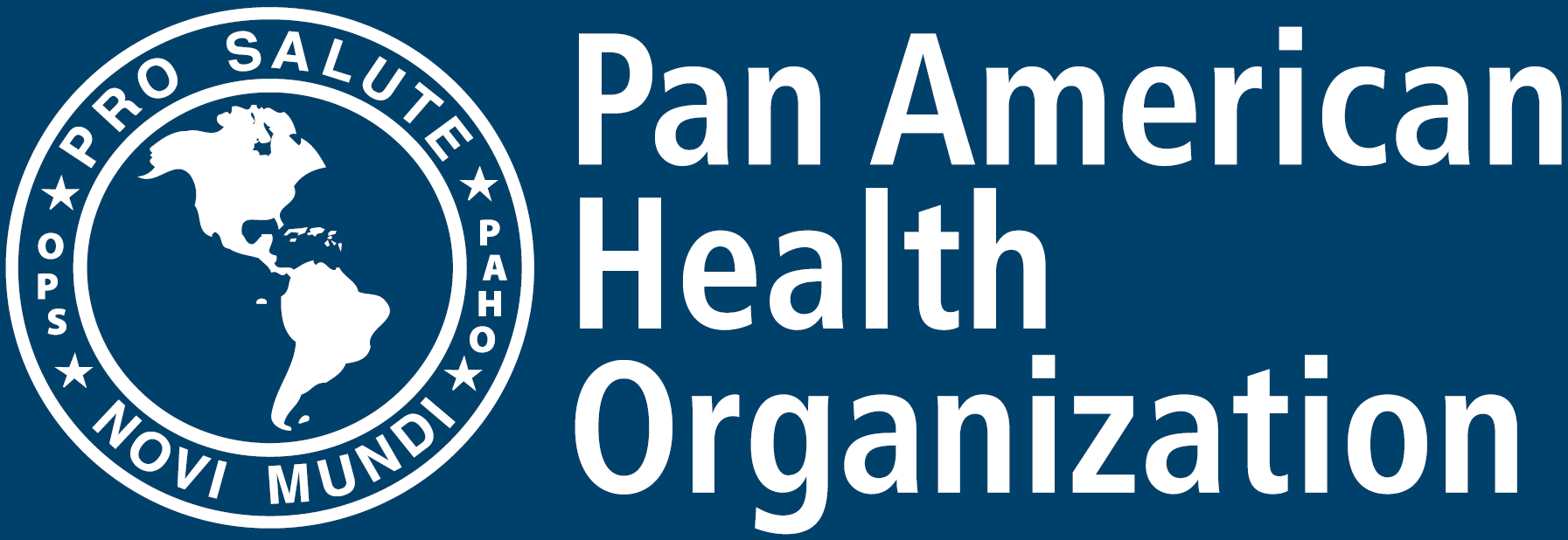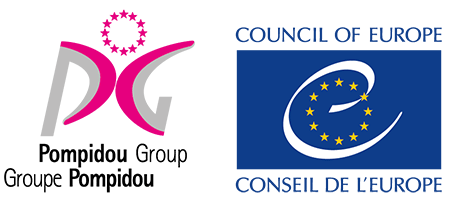The UN Toolkit on Synthetic Drugs supports the international community to implement comprehensive responses to counter the synthetic drugs problem.
The Toolkit was created in response to Resolutions 61/8 (2018) and 62/4 (2019) of the Commission on Narcotic Drugs which called on UNODC, WHO, INCB and the international community to develop new and innovative approaches to address the international threats posed by the non-medical use of synthetic drugs.
The Toolkit is a one-stop shop coordinated by the UNODC Synthetic Drug Strategy which brings together a wide range of guidance and resources from a variety of specialised agencies across the UN system.
The Toolkit is tailored to experts, practitioners, and policymakers in the fields of health, law enforcement, forensics and research and contains over 350 practical resources and tools. The Toolkit is available in all six official UN Languages.
The content of Toolkit is organised into modules on different topics such as forensics, postal security, access to medicines, legal approaches, treatment and prevention and precursor control. New modules, tools and resources are being added to the Toolkit on a continuous basis to keep it current, beneficial and relevant.
The UN Toolkit on Synthetic Drugs was developed by UNODC in collaboration with the World Health Organization, the International Narcotics Control Board, the Universal Postal Union and the World Customs Organisation.
The Toolkit currently features 12 modules with over 350 resources and can be accessed in all six official UN languages. By the end of 2023, the Toolkit was accessed by over 100,000 users from over 200 countries and territories.
In addition to the over 350 tools and resources available in the Toolkit, users can access the Ask the Expert feature, where questions related to synthetic drugs can be submitted to an expert. Users can also participate in Toolkit-related events, such as demonstrations of new and existing Toolkit modules, as well as participate in a Ask the Expert live session, where users can submit live questions to subject matter experts.
The UN Toolkit on Synthetic Drugs contributes to a strengthened global response to the non-medical use of synthetic drugs by fostering international collaboration and coordination. This is achieved through the consolidation of expertise and resources from various specialized agencies within the UN system. The toolkit serves as a comprehensive guide, promoting innovative approaches to address the complex challenges posed by synthetic drugs on a global scale.
At the national level, the UN Toolkit on Synthetic Drugs facilitates the development and implementation of tailored responses to the synthetic drugs problem. Policymakers, practitioners, and experts in health, law enforcement, forensics, and research can leverage the toolkit's over 350 practical resources and tools to address specific challenges within their jurisdictions. By providing guidance on topics such as forensics, postal security, access to medicines, legal approaches, treatment and prevention, and precursor control, the toolkit empowers national stakeholders to create targeted interventions.
Current State Participants
The Toolkit has over 100,000 users from over 200 countries and territories
Ms. Asma Fakhri (Ms.) Programme Management Officer / Coordinator, UNODC Synthetic Drug Strategy Laboratory and Scientific Service (LSS) United Nations Office on Drugs and Crime (UNODC) P.O. Box 500 A-1400 Vienna, AUSTRIA asma [dot] fakhri [at] un [dot] org (asma[dot]fakhri[at]un[dot]org)




